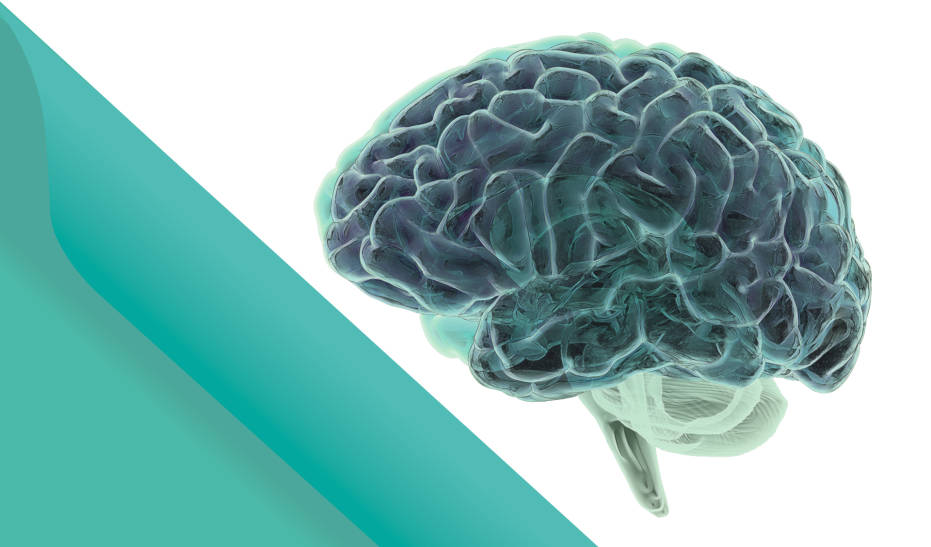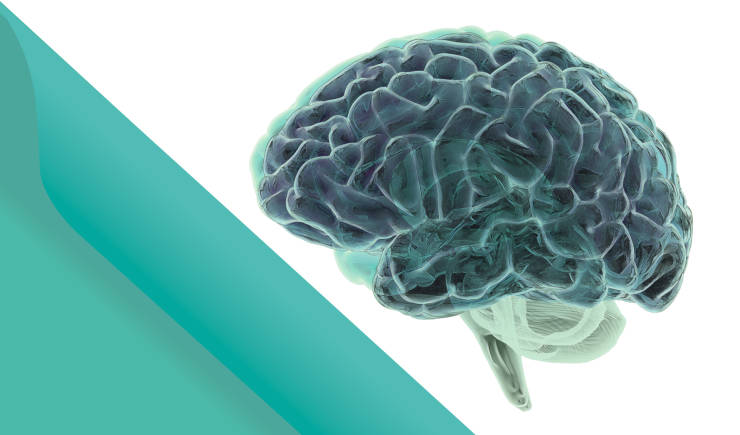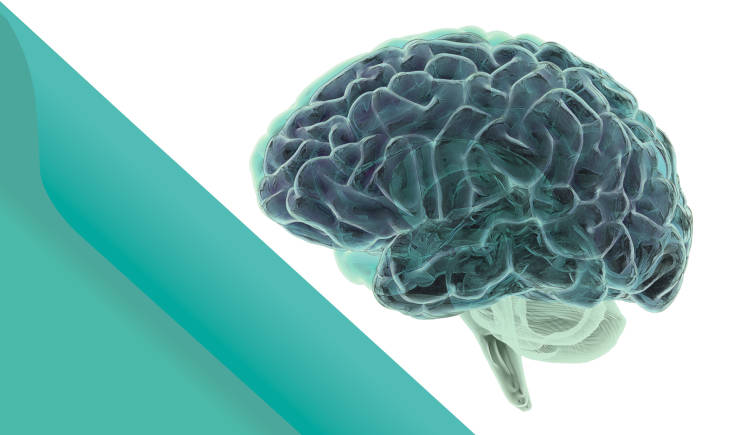Did you know that there is type of epilepsy that is directly linked to specific hormone events during the menstrual cycle?
Catamenial epilepsy, a form of epilepsy that is frequently drug resistant and is clearly linked to specific hormone events during the menstrual cycle is the focus of research fellow, Dr Rachael Sumner, research at the University of Auckland in the Centre for Brain Research. Rachael has received funding for a small grant project to investigate the different types of epilepsy that occur during female menstrual cycles and how hormones and oral contraceptives play a role.
During her Discovery Session, audience members will get a look at what exactly is happening in the female brain when these epileptic seizures happen and why oral contraceptive pills do not effectively treat these catamenial episodes. Rachael as an inkling that there must be an underlying mechanism in the brain that continues to “malfunction” even when the major hormone changes causing these seizures are suppressed or taken out of the equation due to oral contraception. She’ll also be touching on how this research will introduce more information about hormones, oral contraceptives and epilepsy!

Meet the presenter: Dr Rachael Sumner
Rachael, an Auckland Medical Research Foundation doctoral scholar, graduated with her PhD in Pharmacy in 2019. Rachael feels as though she is exactly where she is meant to be as a researcher in neuroscience, but if you had told her she would be here 10 years ago she says she would never have believed it! Maybe because neuroscience is not usually taught in high schools, Rachael started university expecting to work in marketing instead. But, when she took one look at a human brain during her psychology courses, she was hooked and proceeded to take every available course in cognitive neuroscience.
This started a journey toward her PhD with Associate Professor Suresh Muthukumaraswamy, where she investigated the use of simple visual processing tasks and electroencephalography (EEG) as a way to measure the health and function of major systems in the brain and to test how drug treatments act in the brain too.
Rachael’s use of EEG, computational modelling, and visual processing tasks have proved remarkably sensitive to hormone fluctuations over the menstrual cycle and set Rachael on a path to determine how she could begin to use these methods to make a real difference in the field of women’s neurological health. Recently, Rachael has been working with a collaborator at Cardiff University Brain Research Imaging Centre in the UK on using advanced computational modelling with EEG to provide even more detail on the interaction between sex steroids and major neurotransmitters.
Rachael is excited to apply her expertise to improve knowledge of the mechanisms that underlie catamenial epilepsy, with the goal of directing the search for more effective treatment options.









